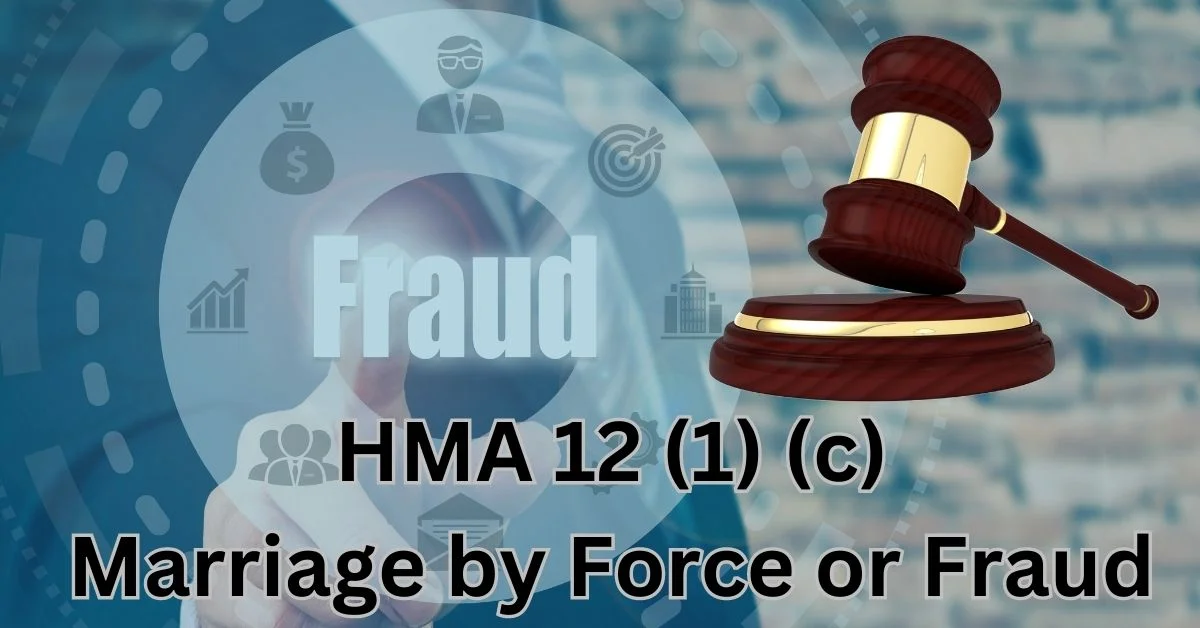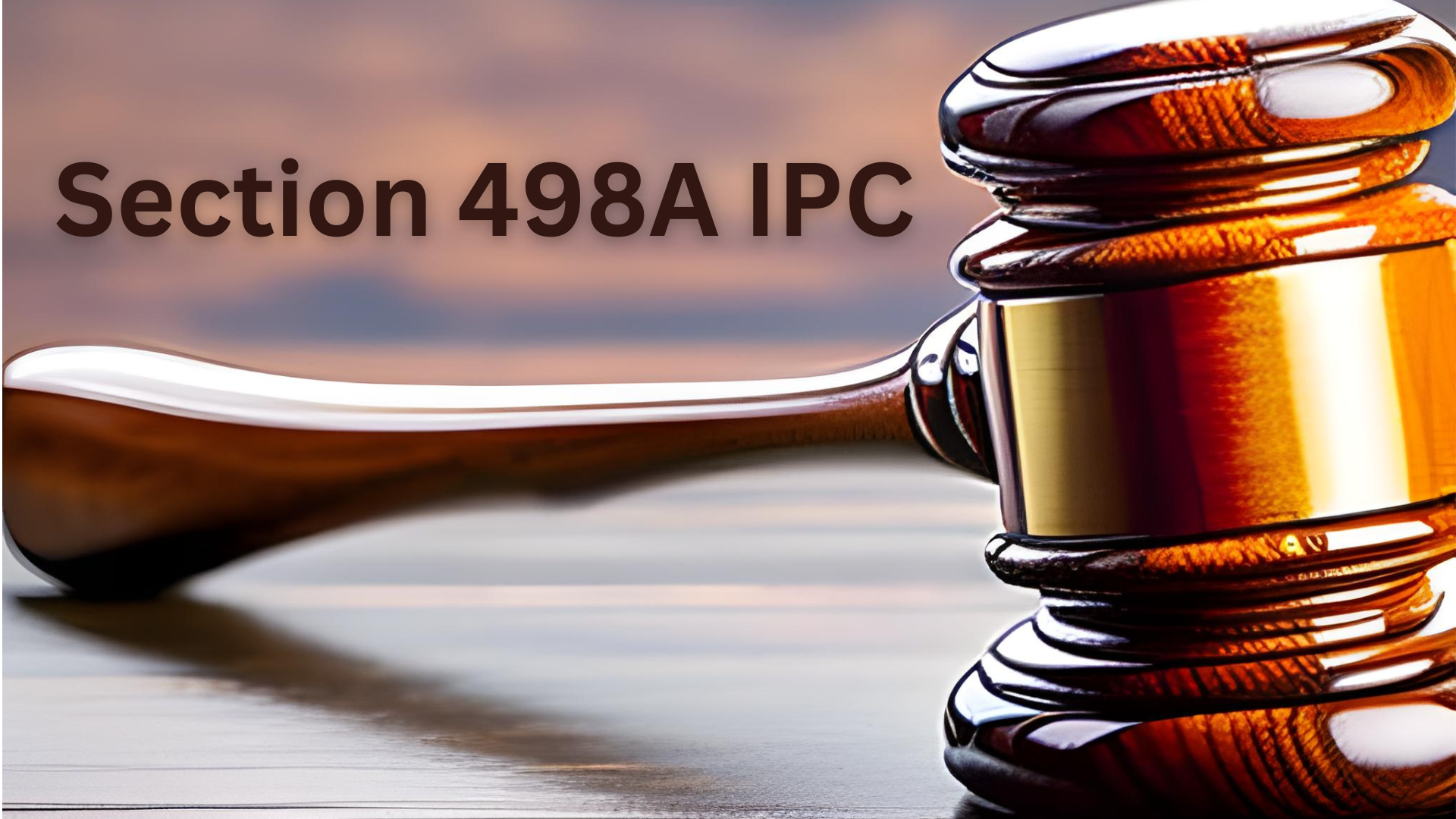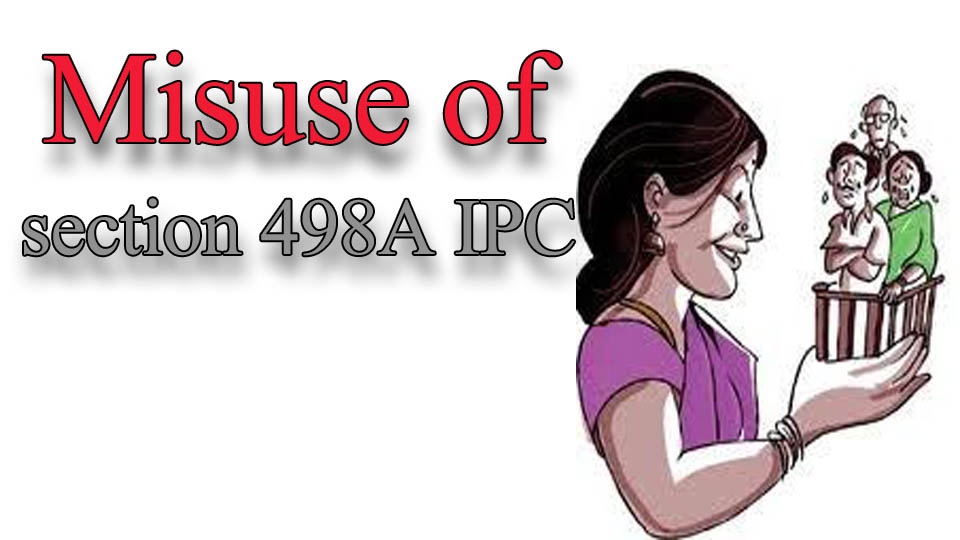Fraud and Annulment of marriage.
Background of the Case The case involved a petition for annulment of marriage filed by Ms. Ashi Kumar (the petitioner) against Mr. Assem Aggarwal (the appellant). The petitioner, a permanent resident of Ghaziabad, had married the appellant, a resident of New Zealand, on October 4, 2009. However, the marriage soured quickly due to allegations of dowry demands and unfulfilled promises. The petitioner claimed that the appellant had begun demanding a substantial dowry even before the wedding. After the marriage, he allegedly demanded Rs. 40 lakhs and a BMW car. The petitioner contended that the appellant’s family had assured her that no dowry would be demanded, and she would accompany the appellant to New Zealand after the wedding. Yet, the appellant left for New Zealand without completing her visa formalities, leaving her stranded in India. Key Issues The central issue before the court was whether the marriage should be annulled under…
False allegations, constant threat of police action amount to cruelty entitling husband to divorce: Delhi High Court
The High Court said that continuing a marriage that has broken down beyond repair would be harmful to society and injurious to the interests of the parties. The Delhi High Court recently observed that levelling false allegations and giving constant threats of police action and criminal trial amounts to mental cruelty and is a ground for divorce. A division bench of Justices Suresh Kumar Kait and Neena Bansal Krishna further held that where there has been a long period of continuous separation, it can be surmised that the matrimonial bond is beyond repair and that marriage has become a fiction which is only supported by a legal tie. “By refusing to sever that tie the law in such cases does not serve the sanctity of marriage; on the contrary, it shows scant regard for the feelings and emotions of the parties,” the Court observed. The Court, therefore, allowed the plea filed by a man seeking…
Minor child can claim maintenance from mother also under Section 125 CrPC: Uttarakhand High Court
Justice Pankaj Purohit noted that the word ‘person’ Under Section 125, CrPC Includes both male and female persons, and also observed that there has been a sea of change in the educational and economic status of women. The Uttarakhand High Court recently ruled that a minor child can claim maintenance from a mother also under Section 125 of the Code of Criminal Procedure (CrPC) provided the mother has sufficient means. [Smt. Anshu Gupta versus Adwait Anand @ Devansh] The Court explained that the term “person” under Section 125 of the Code of Criminal Procedure (CrPC), which deals with the award of maintenance, would include both male and female persons. “According to the language of the present Section 125 CrPC, in the opinion of this Court “person” would include both male and female and in reference to a minor child whether legitimate or illegitimate, mother or father having sufficient means if…
Cannot prosecute husband’s girlfriend for cruelty under Section 498A IPC: Kerala High Court
Section 498A of the Indian Penal Code (IPC) penalises cruelty inflicted on a woman by her husband or relatives of the husband. The Kerala High Court recently held that a husband’s girlfriend or a woman who maintains a sexual relationship with him outside marriage, cannot be prosecuted under Section 498A of the Indian Penal Code (IPC). Section 498A penalises cruelty inflicted on a woman by her husband or relatives of the husband. Justice K Babu noted that the language used in the legislation makes it clear that the word ‘relative’ would not include a woman with whom a man has had sexual relations outside of the marriage. “By no stretch of imagination, a girlfriend or even a woman who maintains sexual relations with a man outside of marriage in an etymological sense would be a ‘relative’. The word ‘relative’ brings within its purview a status. Such status must be conferred either by blood…
Grounds of Divorce under the Special Marriage Act & Process
Nowadays marriage between two people has their own say when it comes to searching a good life partner. The days had gone by when people used to marry wherever their parents decided to blindly. Having said that, people often fall in love or come across someone not knowing their caste and religion. The Special Marriage Act 1954, therefore, a special law enacted to provide for a unique form of marriage by registration wherein the parties to the marriage do not have to renounce their religion, beliefs, tradition & culture. This article although concentrates on the grounds on which a divorce can be filed. The Grounds for Divorce in the Special Marriage Act operates on the following aspects:- Grounds for dissolution of marriage which is given to both the parties. Special Grounds vested upon the Wife Divorce by mutual consent from both the partners Grounds for dissolution of marriage which is given to…
Women have unleashed “legal terrorism” by misusing Section 498A IPC: Calcutta High Court
Single-judge Justice Subhendu Samanta said that Section 498A was introduced for the welfare of women but the same is now being misused by filing false cases. The Calcutta High Court said on Monday that women have unleashed “legal terrorism” by misusing Section 498A of the Indian Penal Code (IPC), a provision which criminalises cruelty against a woman by her husband or his relatives [Swapan Kumar Das @ Swapan Das vs State of West Bengal]. Single-judge Justice Subhendu Samanta said that Section 498A was introduced for the welfare of women but the same is now being misused by filing false cases. “The legislature has enacted the provision of Section 498A to strike out the dowry menace from the society. But it is observed in several cases that by misusing of said provision new legal terrorism is unleashed,” the judge observed. Harassment and torture enumerated in the definition of cruelty under Section 498A cannot be proved…
Diabetes is manageable, not a ground for husband to avoid paying maintenance to wife: Karnataka High Court
“It hardly needs to be reiterated that law, religion and justice require an able bodied man to look after his dependent family,” the Court added. The Karnataka High Court recently held that a husband being a diabetic patient cannot be a ground for him to shirk his responsibility of paying maintenance to his estranged wife [Ananth Kumar KG vs Yogitha Anant Kumar]. Justice Krishna S Dixit emphasized that a lot of people around the world suffer from such ailments and are able to manage the same, given the advancements in medical science. It, therefore, dismissed a man’s challenge to an order of a family court directing him to pay ₹10,000 to his estranged wife as monthly maintenance. “The contention that petitioner has been suffering from diabetes and related ailments does not merit countenance. A large section of people all over the world suffer from such ailments and with the advancement of medical science, all…
Wishes of child cannot form solitary reason for grant of custody: Bombay High Court
The Court dismissed a father’s plea as he was not able to prove that living with the mother, against whom allegations of adultery were made, would be detrimental to the welfare of the child. The Bombay High Court recently held that the wishes of a child cannot form the sole reason for granting custody to a particular parent. While dismissing a petition by a father challenging the grant of custody of his 8-year-old daughter to the mother, Justice Sharmila Deshmukh held, “In my view, the wishes of the child can be taken into consideration but cannot form the solitary reason for the grant of custody. The Family Court while granting the interim custody to the minor daughter has taken care to ensure that the visitation and access rights of the Petitioner-father are well protected. It has balanced the rights of both parties and has also ensured that the directions are in consonance…
Is Child Custody, Visitation the same as Timesharing and Parental Responsibility?
If you have children and are going through a divorce or paternity , it is important for you to become familiar with the critical components of parental responsibility and timesharing and understand their differences and what they mean for your family. The terms parental responsibility and timesharing are terms and phrases that use to be called “custody” and “visitation” but are no longer used or recognized in Courts. The notion of timesharing means that parents (or courts) need to work out the details of how and when parents and children will spend time together. These details are set forth in a parenting plan. Ideally, a parenting plan will have enough specificity to avoid confusion over its terms, and enough flexibility that families can deal with unforeseen circumstances without needing to return to court. The term parental responsibility refers to the decision-making authority of a parent. Parental responsibility is decided on…
Woman in live-in relationship can file domestic violence case: Kerala High Court reiterates
The Court also held that a domestic violence case that is pending before a Magistrate cannot be transferred to a family court. The Kerala High Court recently observed that a woman who is a live-in relationship can also file domestic violence cases under the Protection of Women from Domestic Violence Act (DV Act). [Vineet Ganesh v Priyanka Vasan] A division bench of Justices Anil K Narendran and PG Ajithkumar noted that a female victim of violence of any kind at the hands of a man with whom she was in a domestic relationship can file a case under the DV Act. The bench also noted that the Act defines domestic relationship as a relationship between two persons who live or have, at any point of time, lived together in a shared household, when they are related by consanguinity, marriage, or through a relationship in the nature of marriage, adoption or are family members living together as…










